Planet Ill: The Miami University football program was rejuvenated in the midst of the cocaine wars that were raging in the streets of Miami at the time. Do you think any of that energy influenced what was happening on the football field being that the players came from those neighborhoods?
Billy Corben: No doubt. In terms of the community and what was going on in the streets, on the team and then specifically on the football field. First of all, you have cocaine wars, so you have a certain energy and a certain edginess, a certain sense of danger about the whole town that definitely affected the players. I’ll tell you this right now, they used to say that the student parking lot at the University of Miami looked like the lot at Prestige Motors, which was exactly what it sounded like: a car dealership for very high end expensive European imported cars.
That was because a lot of the children of the cocaine kingpins and the cocaine cowboys were attending Miami University. Of course the most expensive private school in the south. So for starters, you had these kids in the families of the cocaine cowboys attending school along with the University of Miami football players. Of course the university of Miami football players were by and large not of the socioeconomic status that those students were because they were rolling in dough, obviously.
A lot of these kids came from some pretty tough neighborhoods in Miami, which brings up another interesting element of your question which is the fact that the city of Miami at the time…let me put it to you this way: people always like to use the term “melting pot” when they talk about the city of Miami. I rarely if ever refer to it as a “melting pot”. The more appropriate metaphor is it’s like a TV dinner and sometimes the peas fall over the wall into the mash potatoes, you know what I mean? It’s a very ghettoized neighborhood.
You’ve got the Jewish neighborhood over here, the Cuban neighborhood over here, the African-American neighborhood over here, the Haitian neighborhood over here and then a whole lot more Cuban neighborhoods everywhere. I’m in a neighborhood right now that’s predominantly Russian. You’ve got sort of an Argentinian strip of the beach. It really is very segmented and kind of ghettoized. You have an African-American community here who is extremely disillusioned because what happened is when the influx of Cubans came in, they became what we jokingly refer to as the Mijority. They weren’t the minority and they weren’t the majority, they were the Mijority. 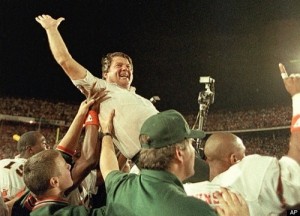
What happened is ordinarily when you have in that era an African-American community who is disillusioned because they were second class citizens? Well f**k, now they were third class citizens behind the Cubans who are growing a power base in this city and in this community. That really created a lot more friction and racial tension in this community than existed probably anywhere in the country. If you look at the 1980’s in Miami and you look at the words race riot and people think of L.A., Watts, they think of Detroit but I don’t think there was a place on the earth that had more race riots than Miami.
1980, 1983,1984, 1989. In fact, January of ’89, during the Super Bowl that was down here in Miami at the time, you had race riots, all of which stemmed from three separate incidents throughout the decade of the 80’s where police officers killed young black men. One was a beating death, two others were shooting deaths. You had a lot of energy coming out of the inner city streets of Miami that, no question about it, informed the style of play.
Local recruits, there was a major push to christen the state of Miami, to blockade highway I-4 South. Howard Schnellenberger, the coach who took over in 78/79 did this, where he said you’re going to win the state of Miami. Keep the local recruits here. Find the best players. To do that, you went into these rough and tumble neighborhoods and found these exceptional football players that might not have otherwise gotten the opportunity to go to a school like this and get an education; get out of these neighborhoods, get opportunities like this. He inspired colleges all over Florida and all over the country to develop talent this way, to offer opportunities and hope in the streets of Miami. There’s no question that the United States, in that moment in time, might not have been prepared for Saturday night primetime NCAA Football games with these kinds of unrefined kids in it.
This is not Penn state. This is not Notre Dame. This is a different style of play. A different style of enthusiasm; of celebration. We loved it. The city of Miami just loved it. One of the guys in the movie makes the point that, in the 1980’s white America didn’t know much about inner city culture. Hip-Hop culture had not taken over America yet. Now, everybody knows about it. The word “swagger” is all over the place. Nobody knew about it then. You had The Cosby Show. That was what white America knew about black America. What we knew about Rap music was Run D.M.C. That wasn’t hardcore, that wasn’t Gangsta Rap. It’s pretty safe shopping mall kind of Rap. No offense to Run D.M.C. I listened to Run D.M.C when I was a kid but that just makes my point for me. It was Rap for white kids. That’s what we listened to.
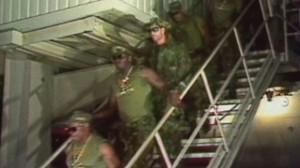 Now you had real Hip-Hop culture, you had real street culture on the field and these kids didn’t give a shit. They weren’t professionals, they were college kids. They were 19 years old. They were out there to have a good time and to win. They won and had a real good time. One of the guys in the movie even said players did whatever they had to do to survive. They weren’t getting money from their parents and cars and everything else. He said he knows of at least one player that was selling drugs at the University of Miami. Was it happening in any place other than Miami in the 1980’s? I think that goes back to your original question on this, which is what was the impact of the drug wars and the time period on the city? You had a city of young entrepreneurs, kids taking advantage of some opportunities to make some money. Like Charles or Jon or Mickey Munday did. It was pretty well known that there were drugs not only at the University of Miami but in the University of Miami Football program.
Now you had real Hip-Hop culture, you had real street culture on the field and these kids didn’t give a shit. They weren’t professionals, they were college kids. They were 19 years old. They were out there to have a good time and to win. They won and had a real good time. One of the guys in the movie even said players did whatever they had to do to survive. They weren’t getting money from their parents and cars and everything else. He said he knows of at least one player that was selling drugs at the University of Miami. Was it happening in any place other than Miami in the 1980’s? I think that goes back to your original question on this, which is what was the impact of the drug wars and the time period on the city? You had a city of young entrepreneurs, kids taking advantage of some opportunities to make some money. Like Charles or Jon or Mickey Munday did. It was pretty well known that there were drugs not only at the University of Miami but in the University of Miami Football program.
Planet Ill: How would you say the Miami depicted in movies like Scarface, which is considered to be very operatic and kind of over the top, and television shows like Miami Vice compares to the real thing? Are those just glossy Hollywood images?
Billy Corben: Well I don’t know that there’s much that’s glossy about Scarface, but Scarface is exceptionally accurate. Oliver Stone wrote that screenplay. He was down here in Miami for at least a year, “researching” (laughs). I don’t know, maybe taking deep breaths through his nose, taking in that salty sea air here in Miami (laughs). The bottom line is he was running with the real guys, with the real deal. He was getting a real sense of it.
There’s a reason why, when we look back on surveillance photos and archival footage of some of the Cocaine Cowboys in Miami in 1979, 1980 and 1981 we see guys wearing white suits with red shirts and giant collars draped out over their white jackets. You say “This is Tony Montana’s suit.” Well fuck you! This is three years before Tony Montana wore it, you know what I mean? Oliver Stone took it all in, man. You’ve got the Time Magazine “Paradise Lost” cover in there. 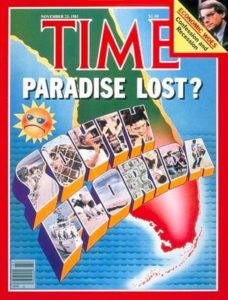 You’ve got a Ralph Renick conservative style news reporter doing his editorials where he’s wagging his fingers at the community for being so permissive of this drug culture. You’ve got the banker who’s accepting the cash in exchange for a cut. Cash was becoming a liability because nobody had any f**king storage space for it. What’s a bank going to do with all this cash?
You’ve got a Ralph Renick conservative style news reporter doing his editorials where he’s wagging his fingers at the community for being so permissive of this drug culture. You’ve got the banker who’s accepting the cash in exchange for a cut. Cash was becoming a liability because nobody had any f**king storage space for it. What’s a bank going to do with all this cash?
From the movie Cocaine Cowboys they were turning it over to the Feds, nobody had any place for it. Banks actually had to charge to accept cash because it was costing them so much to take. Nowadays banks would love to have cash. Back then they were like “Oh my God, please don’t give us anymore cash. If you’re going to give us cash we’re going to have to charge you.” Can you imagine a bank charging you to give them cash? That’s what was going on.
Not to mention the banks knew exactly what was going on, where the money was coming from. They were obviously accepting some sort of risk, taking some sort of liability by even accepting the money without asking any questions because they knew exactly who these guys were. What they were doing and where the money was coming from. For crying out loud, Jon Roberts and his girlfriend Toni talking in Cocaine Cowboys about owning mountain lions that they bought from Colorado that were roaming around on their property. What does Tony Montana get Elvira for their wedding present? A fucking tiger!
There were very specific status symbols for the Cocaine Cowboys in Miami. They had the Cougarands. They carried those little man purses. They had cool old cars. They had beautiful model girlfriends. They had mountain lions. He (Oliver Stone) got that all from being in Miami at the time and somehow managed to pack it all into a two and a half hour movie. He really did capture Miami. Oliver Stone and Brian De Palma really captured Miami spectacularly well in Scarface. Cocaine Cowboys kind of proves that.
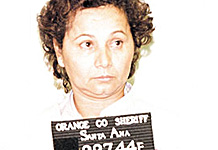 Planet Ill: Do you think that a Griselda Blanco could emerge from and survive in today’s Miami and be as successful as she was in the late 1970’s and early 1980’s?
Planet Ill: Do you think that a Griselda Blanco could emerge from and survive in today’s Miami and be as successful as she was in the late 1970’s and early 1980’s?
Billy Corben: Not with that style. Griselda Blanco is very much a product of her environment, growing up in Columbia during “La Violencia,” the decades-long civil war where tens of thousands of people, if not more, were just slaughtered for years and years. Griselda was a product of that environment. She ran her business that way. People argue that she had to because she was woman and she had to show that she was as bad as the men were. Others will say that it didn’t matter that she was a woman, she was a product of “La Violencia” so that’s how she would have carried on regardless. That’s how the men carried on and that’s how she carried on.
The answer is no. In this era of security cameras and cell phone cameras you would not be able to just shoot up a shopping mall as openly and as flagrantly as they did. You just can’t go around town with everybody knowing you’re a cocaine cowboy the way you could back then. You certainly couldn’t be that violent out in the open and not be afraid you’d get caught with homeland security measures and what have you. These guys walked in and out of the country like it was nothing.
She was a fugitive back in New York in the 70’s on the first ever major cocaine indictment. She was one of the defendants on “Operation Banshee”. In the movie you have the DEA agent Robert Palumbo, he chased her from New York to Miami to California Where he catches her and gives her a little kiss on the cheek because he’d been after her for over ten years at that point. In the meantime, here is this fugitive on a major cocaine indictment in New York who is a suspect in dozens of homicides that they knew about or tied her and her organization to. She’s going to Columbia and coming back in and out of Miami International airport and all this shit. They had so many different identities and different passports. 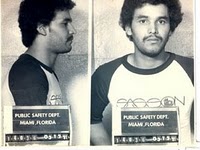
After she was a prostitute she was a counterfeiter on the streets of Medellin. She just literally, like it was a revolving door, went in and out of the country. It’s a little bit tougher to get away with something like that these days. Eventually they would catch up with you. I say that and yet this kid almost blows himself up on a fucking airplane on Christmas day.
Planet Ill: So what are your upcoming projects? Are there going to be any further entries in the Cocaine Cowboys series?
Billy Corben: First we’ve got Cocaine Cowboys Remix that will be out this year. Then we’ve got the book Cocaine Cowboys: An Explicit History of Miami’s Drug Rush coming out this summer. Next we’ve also got Dawg Fight coming out this summer. It’s the insane world of underground backyard fighting in Perrine, Florida, the hometown of Kimbo Slice. These guys are the next generation of young guys from all over South Florida, particularly Perrine, who are coming up and trying to literally fight their way out of some of Miami’s toughest neighborhoods in the MMA world.
Square Grouper, you heard that terminology in Cocaine Cowboys. Back in the 1970’s and early 80’s on occasion, you’d find bails of pot floating on the water at the beach. Either people dropped them or they got chased by somebody or they freaked out or they were supposed to come back later. They washed ashore and a fisherman would find them and the terminology they came up with to jokingly refer to them were square grouper. Square Grouper is an unofficial prequel to Cocaine Cowboys that takes place in Miami in the 70’s before the violence kicked in.
Then we’ve got a documentary that doesn’t have a title yet. We’re shooting it right now. We’ve actually started editing it already. It is about Peter Gatian. He was, to this day I believe, the biggest nightclub owner in New York history. We did marijuana in the 70’s. We did crack, we did cocaine in the 80’s, and now we’re doing Ecstasy in the 90’s. That’s a New York story, but it’s still our Ecstasy 90’s story. Those are just the movies that are coming in 2010. 2011 is already is already packed with good stuff.
Alfred Spellman, my producing partner and I are producing Cocaine Cowboys as a dramatic TV series for HBO along with Michael Bay and Jerry Bruckheimer. I asked Michael Bay to please promise me that the show will not have a drug smuggler that transforms into an airplane (laughs), that’s all I ask. We just got a new draft of the pilot script which is the first episode. Hopefully if the network likes it and everybody’s happy with it, it’ll go before the cameras later on this year. Hopefully you’ll see it on HBO in 2011.
We’ve got a lot of interesting stuff going on, including an animated comedy series with Pharrell about a family of drug smugglers in Miami in the 1980’s. Pharrell is executive producing that. All very fun stuff, and it’s all very Rakontur kind of shit. Stuff that the audience for our kind of stuff is interested in. We’re not going to stray too far away from what we feel we’re good at. So hopefully the people who have come to trust us as a label, as a brand name, will kind of stick with us. I want to become a brand and a name that our fanbase and our viewers can trust.
We’re not making indie films that nobody sees. I don’t make movies for myself. I make movies that I’d like to see and stories that I’d like to tell. If there’s no audience for your movie, well what the hell are you doing? You’re talking to yourself. We don’t like to talk to ourselves. We like to do stuff that we like, that other people like.
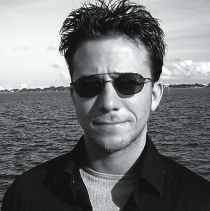 Planet Ill: Is there anything you’d like to say to the readers of Planet Ill in closing?
Planet Ill: Is there anything you’d like to say to the readers of Planet Ill in closing?
Billy Corben: Gone are the days of the inaccessible superstar. Gone are the days when our artists are up on a pedestal. Now it’s the day of Twitter, facebook and personal interaction. You don’t have to write a fan letter to Madonna and wait seven moths and hope that you get a picture back, some rubber stamp kind of a thing. You write a facebook message and I write you back. That’s the era that we’re in now. In this kind of changing media environment we can continue to do what we do and what people want us to do which is to tell great stories.
***LISTEN*** Billy Corben- Money Murder Miami Pt 2
***PART 1***
Follow Malice Intended on Twitter @ http://twitter.com/renaissance1977
Follow Us on Twitter @ http://twitter.com/planetill
Join Us on the Planet Ill Facebook Group for more discussion
Check out Planet Ill’s page on Essence.com
Follow us on Networked Blog


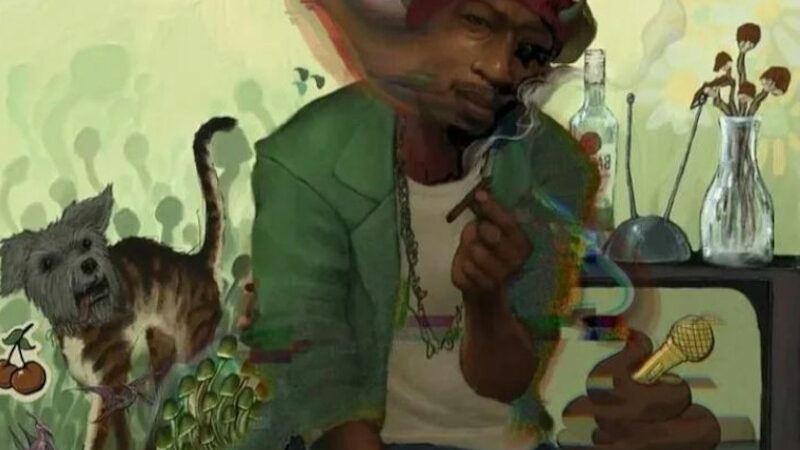
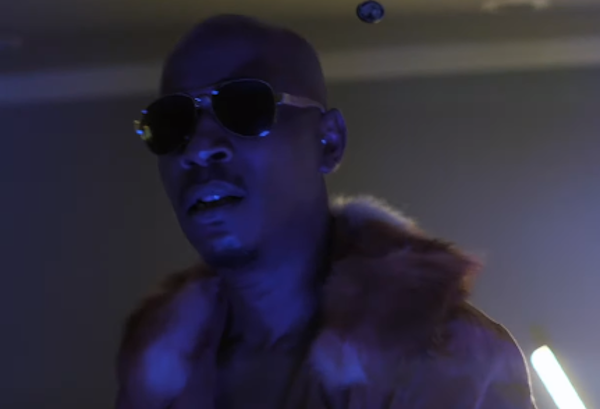
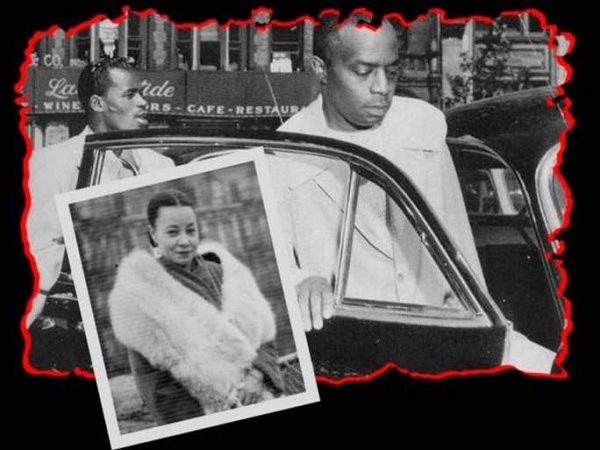
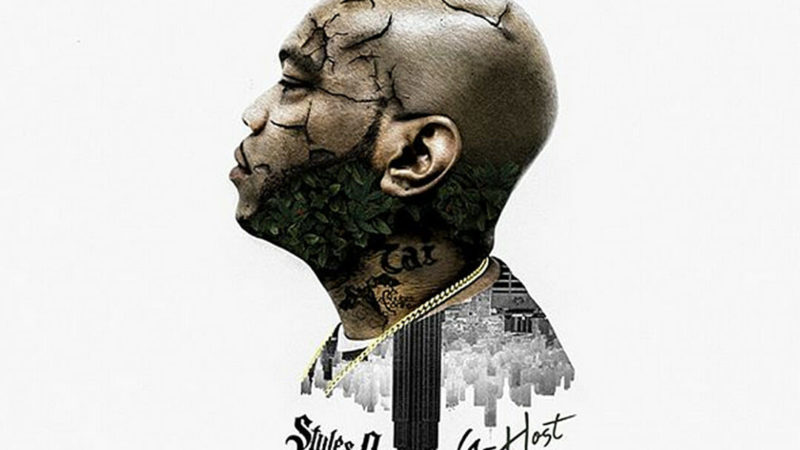
One thought on “Billy Corben: Money Murder Miami Pt. 2”